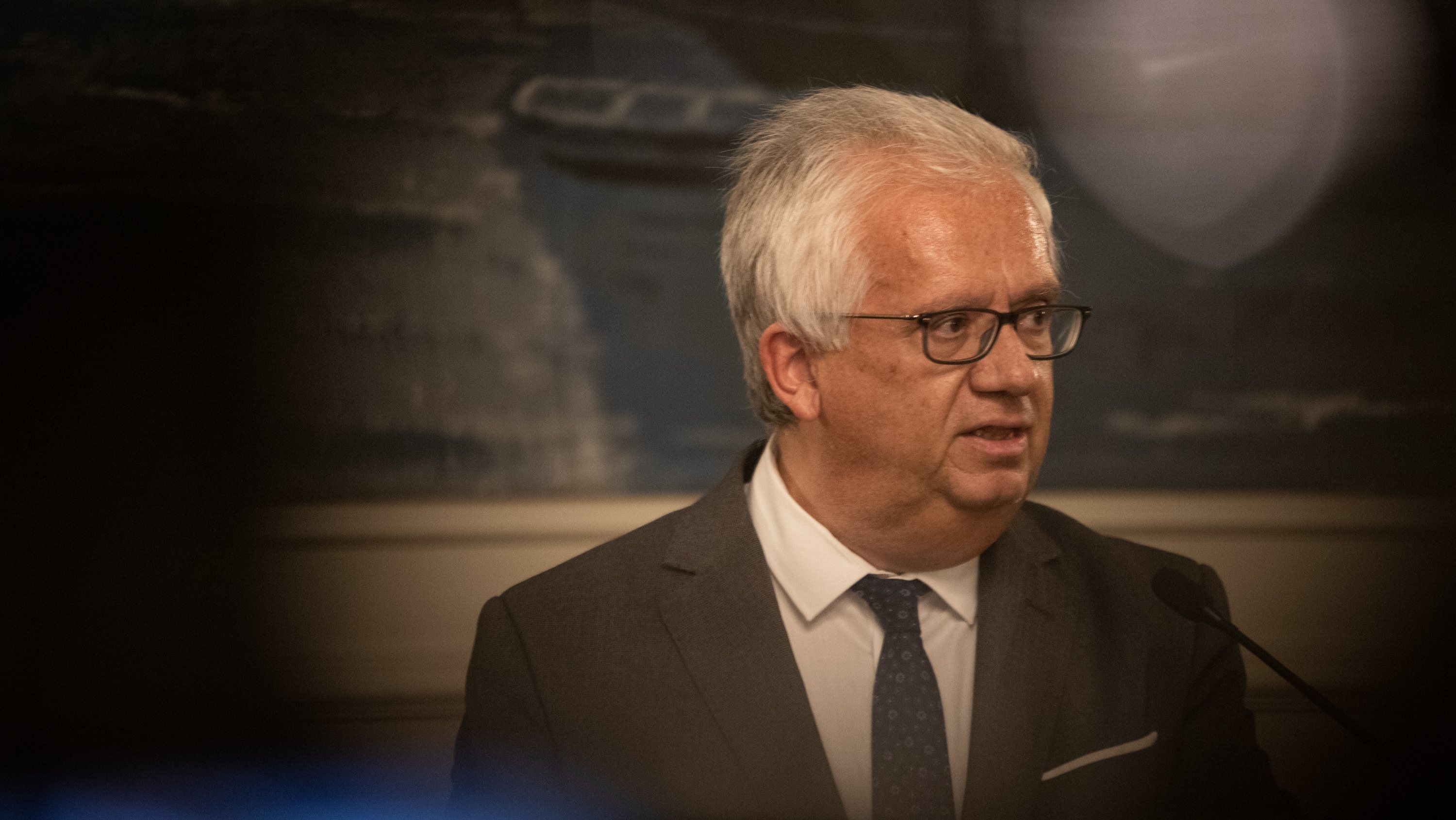Former Interior Minister Eduardo Cabrita is one of the candidates for director of Frontex, the European Border and Coast Guard Agency. The information was advanced by Rádio Renascença and had already been confirmed this morning by European sources to the Observer. The same sources revealed that there was “about 80 candidates is that “it will be very difficultEduardo Cabrita gets the job, unless there is strong pressure from the Portuguese government.
in case it arrives short list of three names, and even before being appointed, the former ruler will have a hearing in the European Parliament, where he will face cases such as the death of a Ukrainian citizen at the hands of the Foreign and Border Service (SEF). The opinion of the committee of the European Parliament is not binding, but reduces the (political) margin of the Frontex Management Board, which is responsible for the final decision.
During the morning, the Observer contacted Eduardo Cabrita who, aware of the traffic violation he could be committing, limited himself to saying: “I’m driving now I can’t talk“. Fourteen seconds, without asking a question. And she no longer answered. The observer sent from immediate questions to the Ministry of Internal Affairs to question whether the Government would be on par of the situation and if he would support the candidacy, giving as term at 6:00 p.m. The information did not arrive and the ministry made it known that it would not respond because it had other priorities and that it could respond on Friday.
Rádio Renascença would advance two hours after the former Minister of the Interior indicated this candidacy to the Portuguese Government in July “out of courtesy”, since “it is evident that all the work to complete the candidacy is not done without informing the Government”.
The difficult process that Cabrita will go through
The rules say that, of all the candidates, the European Commission must propose “at least three” for the position of Fronte’s chief executive and for the position of each of the deputy chief executives. Following this Commission proposal, the Management Board appoints the Director “on the basis of his merits and proven high-level administration and management skills, including his accumulated relevant professional experience in the field of external borders and of the return”.
However, before such appointment, the Management Board “asks the candidates to make a statement before the competent committee or committees of the European Parliament and to answer questions from its members”. In other words: Eduardo Cabrita, if elected, must pass a hearing by the Committee on Civil Liberties, Justice and Home Affairs (LIBE), which must take place in mid-November.
The mandate lasts for five years and, at most, can be renewed for another five years.
Since he left the Government, Eduardo Cabrita had returned to his original position, in the General Treasury Inspectorate, from where he had left in 1985 to occupy successive government functions. The minister, as reported by Público at the end of September, is still accused in the process of being run over on the A6 that ended the life of a worker. On May 10, the Public Ministry decided to close the case against Eduardo Cabrita and his head of security and did not charge them with manslaughter, which was the straw that broke the camel’s back for the departure of António Costa’s former executive governor. Thus, only the accusation against the driver was maintained.
The appeal of the family before the Court of Appeal of Évora, however, means that the former minister remains accused. The same court will decide whether or not there is an accusation against Eduardo Cabrita.
Source: Observadora
